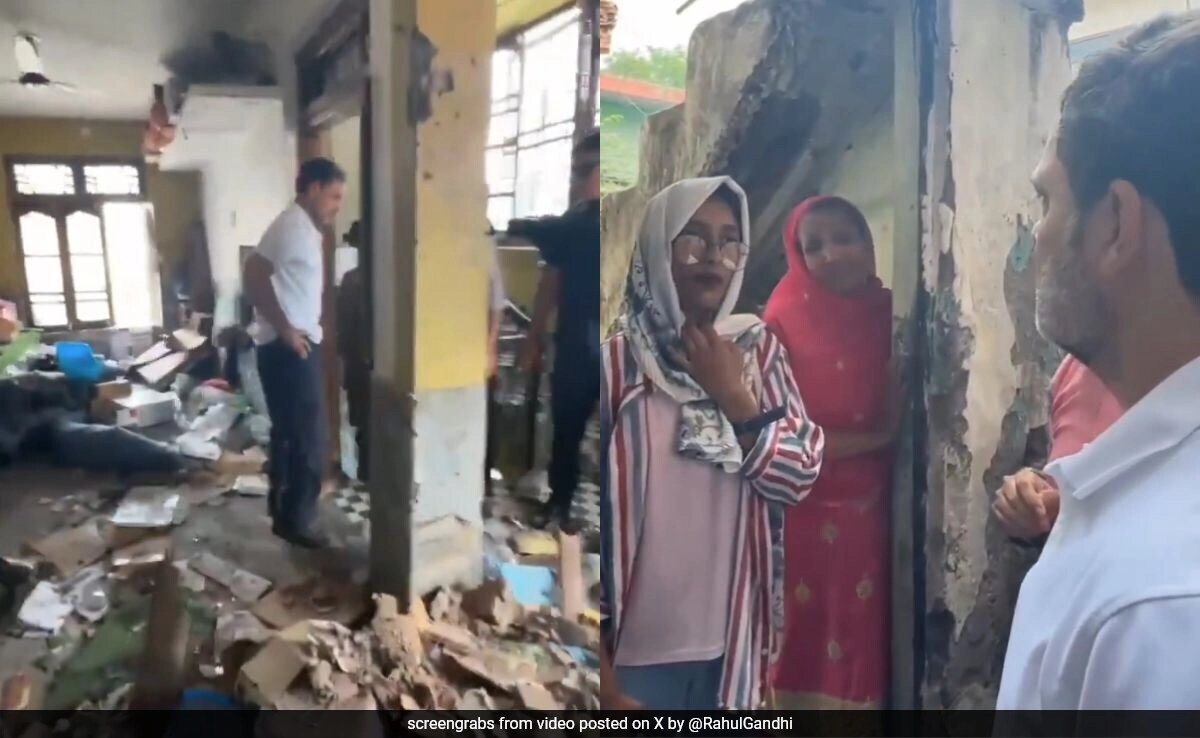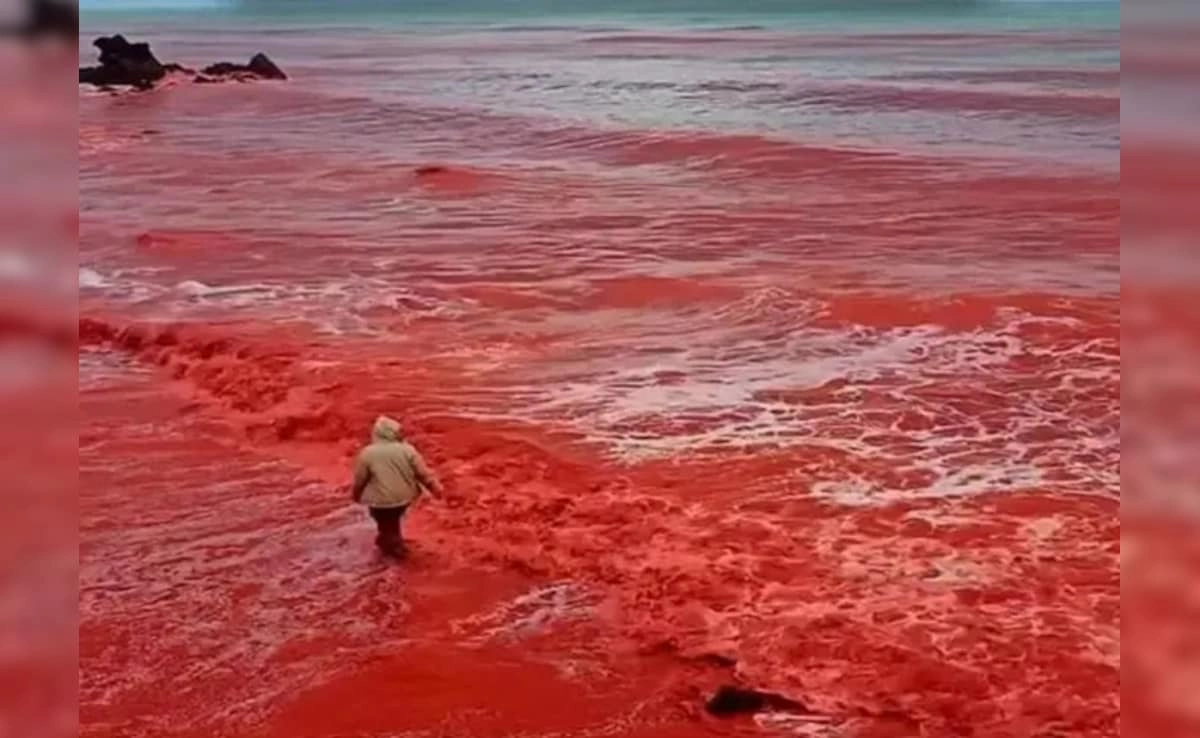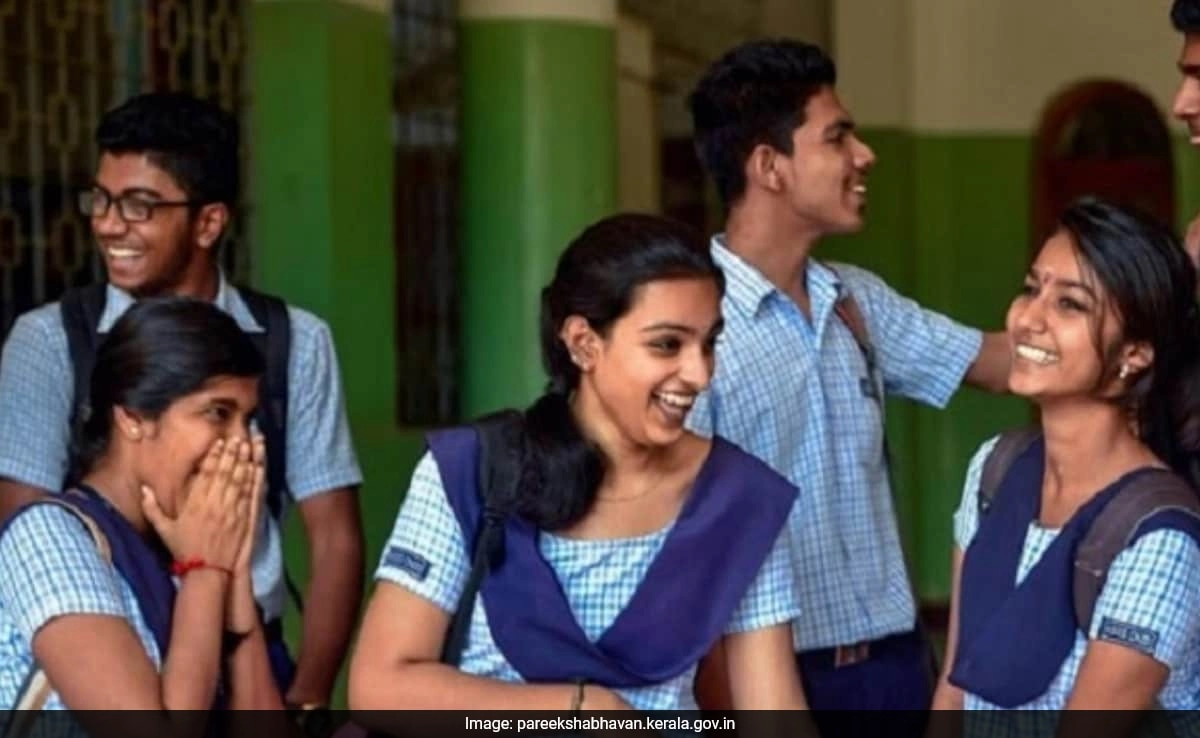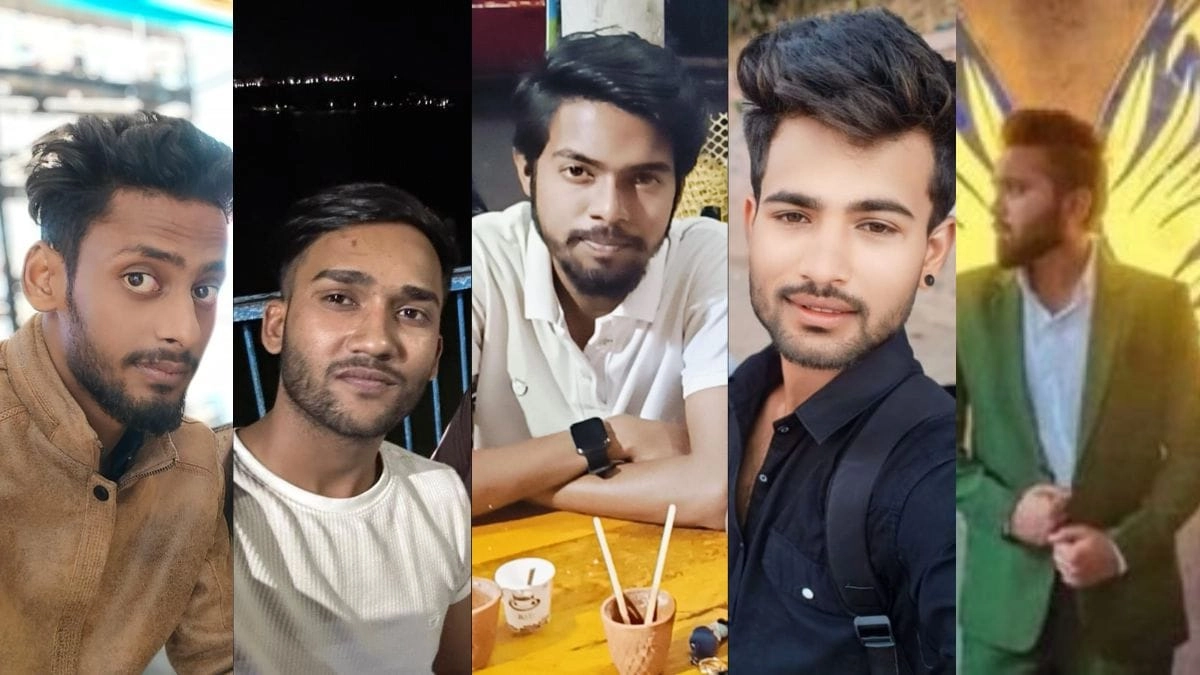Rahul Gandhi recently visited Poonch in Jammu and Kashmir, where he met with families who have been adversely affected by shelling from across the border. This visit comes at a time of heightened tensions in the region, where local residents are enduring the brunt of violence that disrupts their daily lives and poses a constant threat to their safety. During his visit, Gandhi aimed to express solidarity with the victims and understand the harsh realities they face as a result of ongoing conflict. He interacted with various families, listening to their stories and the impact that the shelling has had on their lives, homes, and communities.
The situation in Poonch is particularly dire, as residents have witnessed several incidents of cross-border shelling, leading to loss of life and significant damage to property. Many families have been displaced, and their livelihoods have been severely affected. Gandhi’s visit served not only as a gesture of compassion but also highlighted the urgent need for political dialogue and resolution to address the underlying issues causing such violence. By engaging with the affected families, he aimed to bring national attention to their plight and advocate for necessary support from the government to ensure their safety and rehabilitation.
During his interactions, Gandhi emphasized the importance of peace and stability in the region, stressing that the suffering of ordinary people should not be overlooked in the broader context of political disputes. His presence was seen as a way to instill hope among those who feel forgotten amidst the ongoing turmoil. By bringing attention to the humanitarian aspects of the conflict, Gandhi sought to foster a dialogue that prioritizes the needs and rights of the civilians caught in the crossfire. His visit also aimed to encourage a collective effort towards finding a lasting solution to the issues plaguing Jammu and Kashmir, ensuring that the voices of the affected communities are heard and addressed.
In conclusion, Rahul Gandhi’s visit to Poonch underscores the critical need for empathy and action in response to the ongoing crisis in Jammu and Kashmir. His engagement with the families affected by Pakistani shelling serves as a reminder of the human cost of conflict and the importance of political will in addressing these challenges. As the region continues to navigate complex geopolitical tensions, initiatives that focus on the well-being of civilians and promote dialogue are essential for fostering a peaceful and stable environment.




